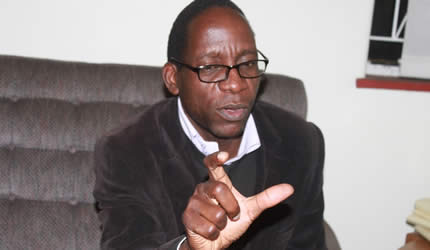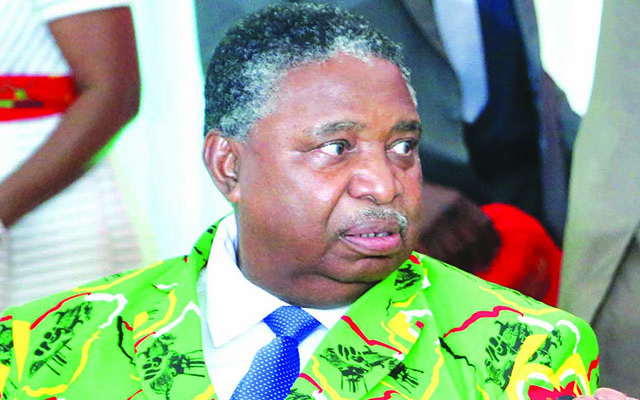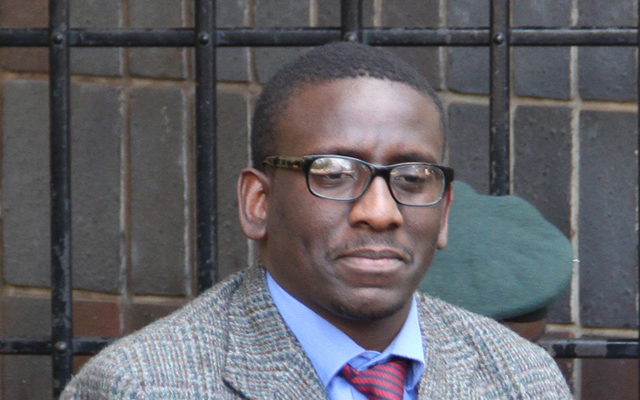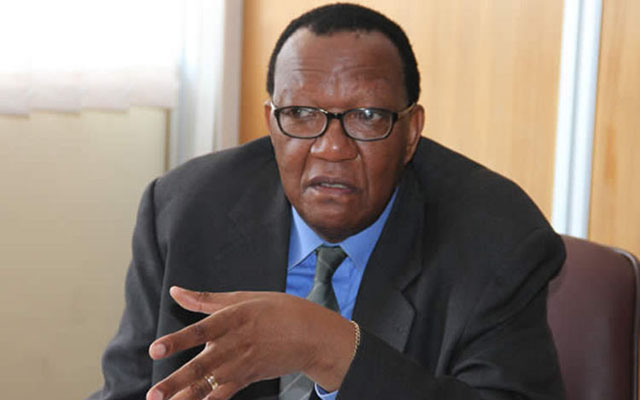Experts clear the air on succession

Daniel Nemukuyu Senior Reporter
VICE President Phelekezela Mphoko, by operation of law, became Acting President following the resignation of former President Robert Gabriel Mugabe, but the ruling Zanu-PF has a right to nominate its next substantive leader within 90 days from the day of resignation, legal experts have said. In an interview, Advocate Thabani Mpofu said VP Mphoko was now the Acting President, but Zanu-PF, being the ruling party, must now nominate a substantive successor to Cde Mugabe.
“From here the process is governed by paragraph 14 of the Sixth Schedule. VP Mphoko is as of now the Acting President. Zanu-PF must now nominate a replacement and advise the Speaker accordingly. “The replacement assumes office upon being sworn in by the Chief Justice or the most senior judge available,” said Adv Mpofu.
University of Zimbabwe law lecturer Professor Lovemore Madhuku said Zanu-PF could nominate its replacement and advise the Speaker minutes after the resignation. “Zanu-PF, being the party of the former President, has the right to nominate a successor within 90 days. They can do it any time, even now or within minutes if they are ready.
“VP Mphoko can only act as President for minutes if Zanu-PF is ready with its nominee,” said Prof Madhuku. Prof Madhuku said the nominated successor would be substantive President up to the end of his or her predecessor’s term, which expires in August 2018. He said VP Mphoko should work with the former President’s Cabinet, but the new substantive leader can appoint new ministers.
“In terms of the law, VP Mphoko, in his capacity as Acting President, will continue working with the Cabinet ministers left behind by the former President until the appointment of a substantive leader. The new substantive leader will appoint a new Cabinet,” said Prof Madhuku.
Another expert, Mr Tendai Toto, said it was in the interest of Zimbabweans to agree on a Government of National Unity. “It will be up to the political players to allow talks to form a Government of National Unity and agree not to hold elections for a period of up to five years until electoral reforms are done. It is in the interests of the people of Zimbabwe to ensure that a transitional Government is put in place and life goes on,” said Mr Toto.












Comments